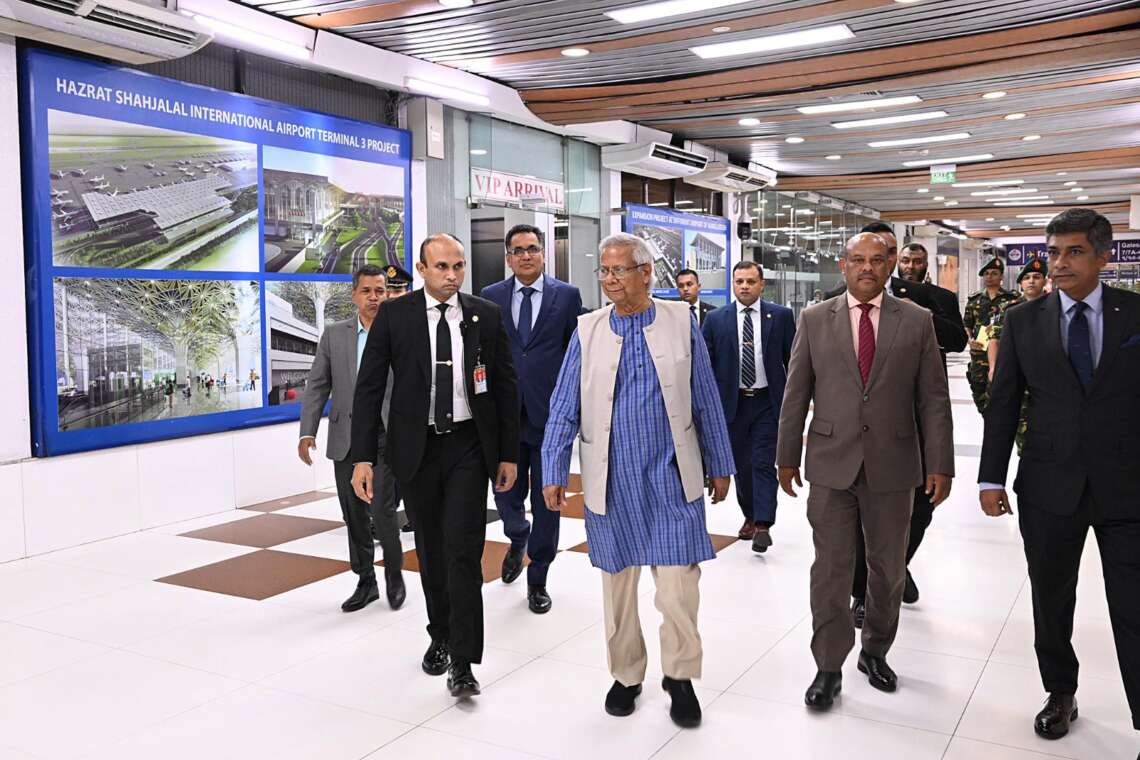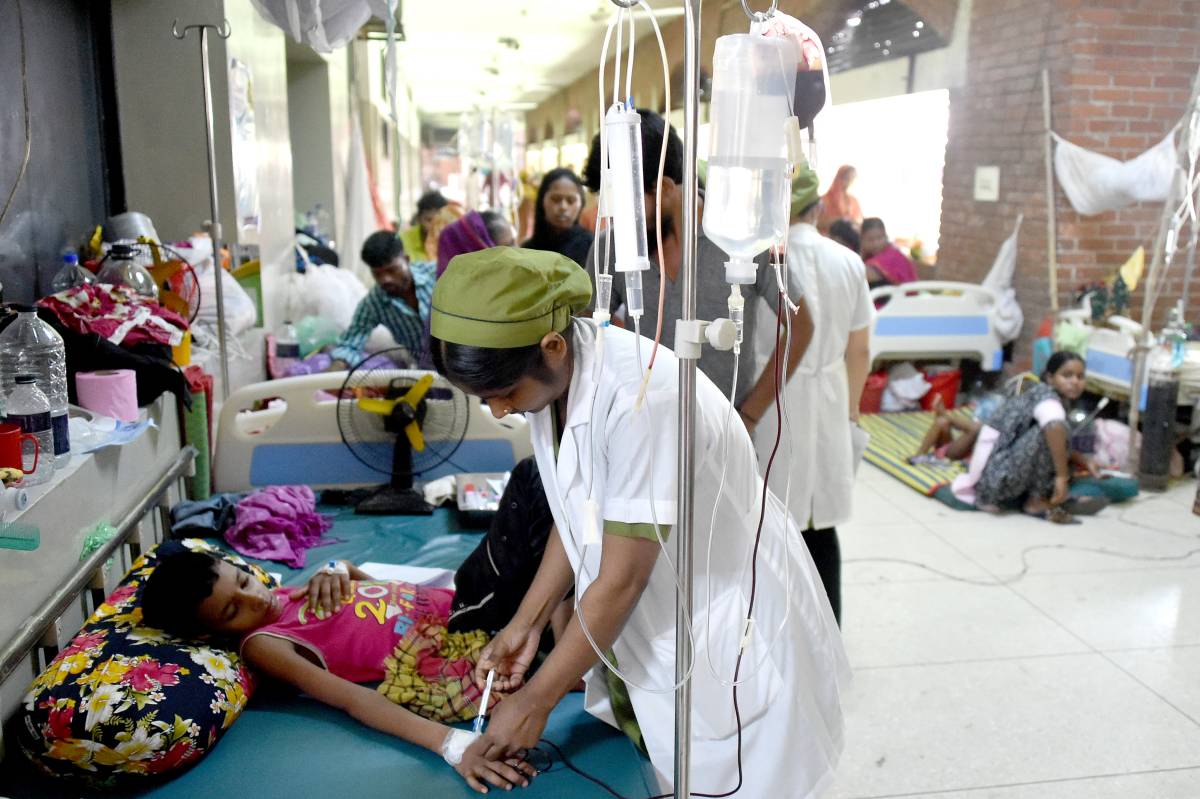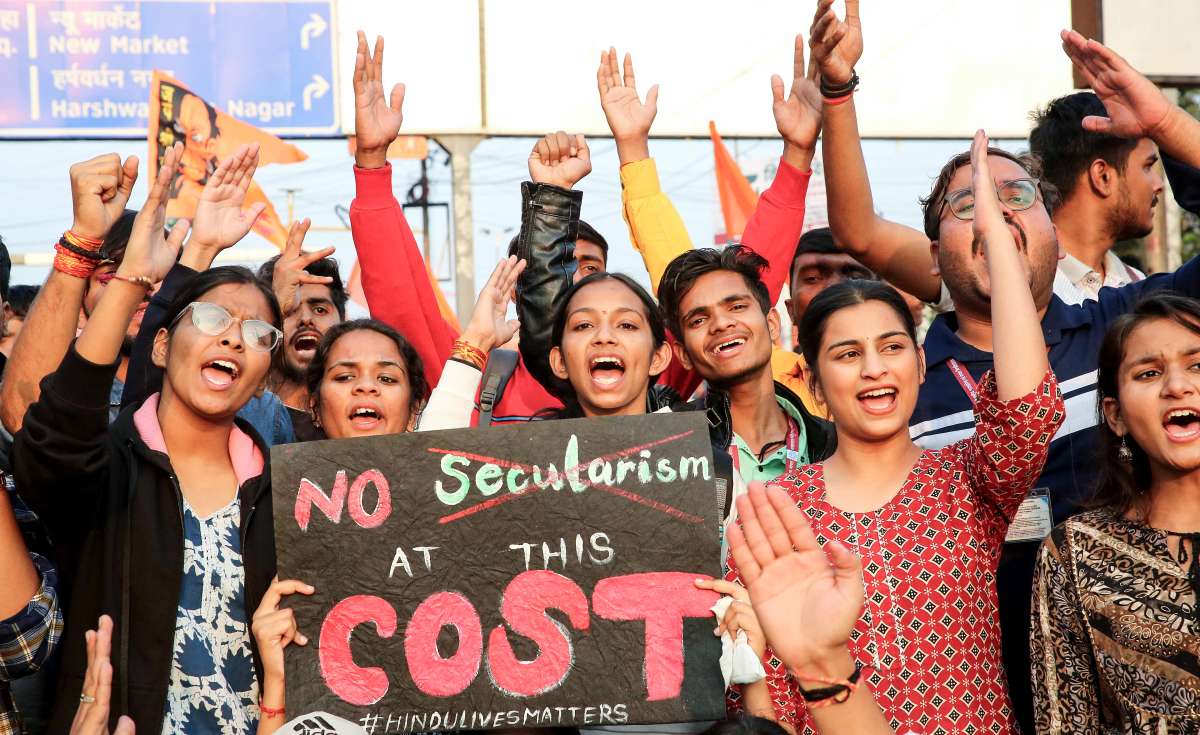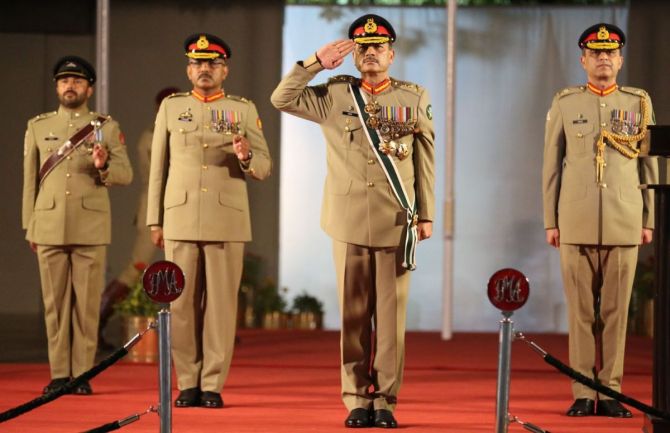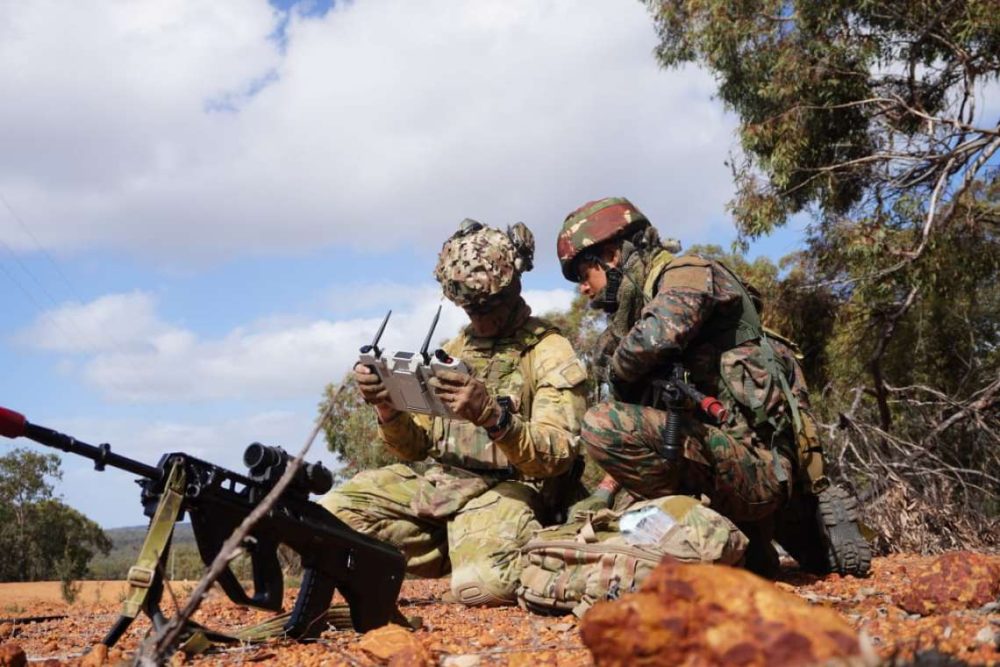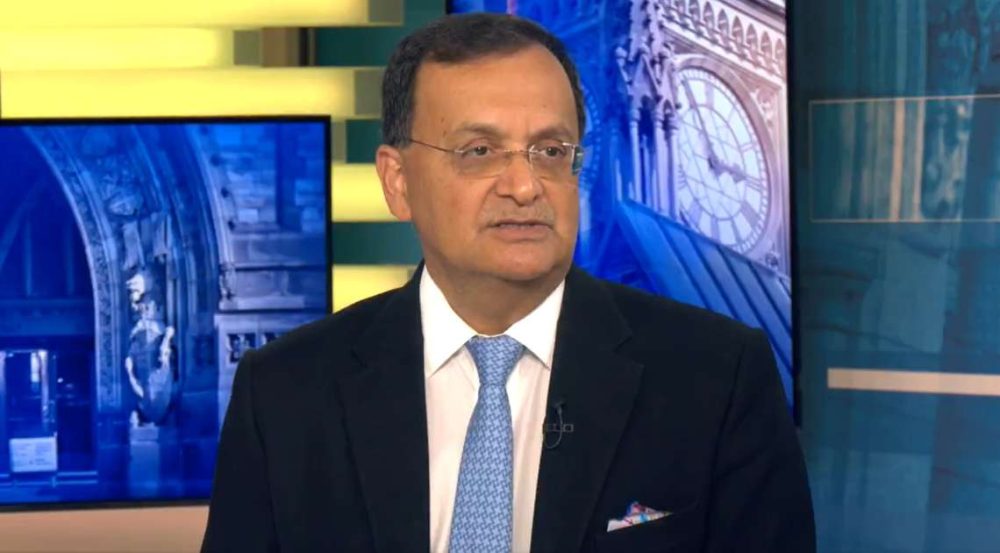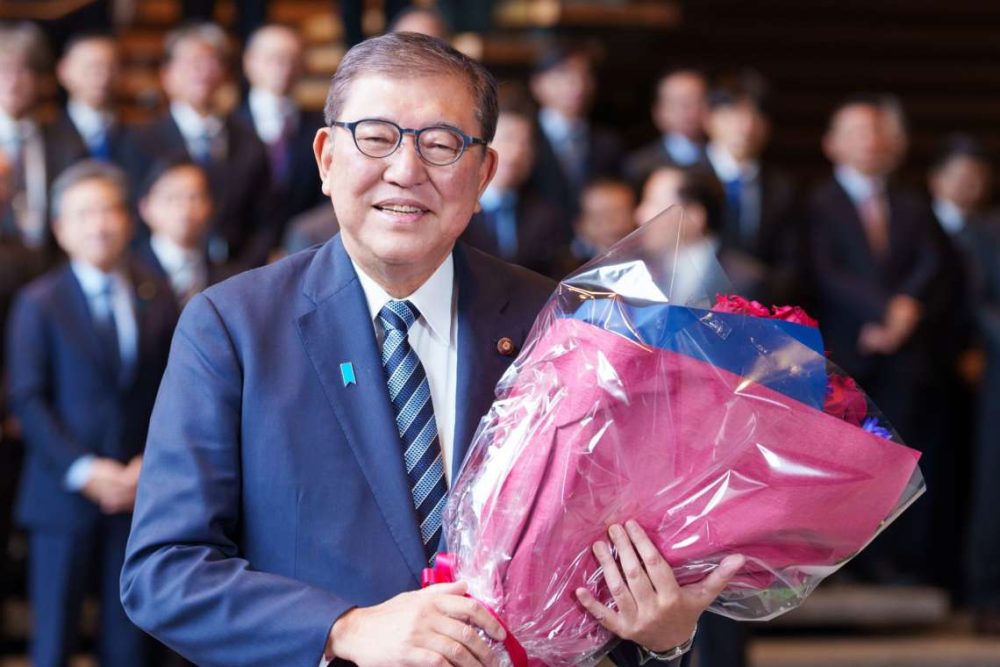UK government officials have confirmed the development, saying that Starmer has no plans to meet Yunus. They did not comment further on the matter.
In a significant diplomatic setback, British Prime Minister Keir Starmer has reportedly declined a meeting with Muhammad Yunus, the Chief Advisor of Bangladesh’s interim government, who is currently on a visit to the United Kingdom.
UK government officials, several media reports cited, have confirmed the development, saying that Starmer has no plans to meet Yunus. They did not comment further on the matter.
Yunus on Wednesday met UK National Security Advisor Jonathan Powell at his hotel.
Local media in Bangladesh has been showing great enthusiasm over Yunus’s UK visit, even widely publicising his possible meeting with the British Prime Minister.
However, in an interview with a British daily, Yunus admitted that Starmer had not yet agreed to meet him.
Hundreds of protestors had gathered outside the Heathrow Airport and also at a Central London hotel where he is staying as Yunus began his four-day visit to the United Kingdom on Tuesday.
Carrying black flags and banners – many of which read “Yunus is a killer of freedom fighters of Liberation War” – protestors shouted slogans like ‘Go back Yunus”, labelling him as a promoter of militancy and radicalism in Bangladesh.
Many also demanded immediate release of detained Hindu priest Chinmoy Krishna Das, asserting that it should be Yunus instead who should face the trial and be behind the bars.
Several eyewitnesses said that demonstrators, most of them from the Awami League and comprising of Bangladeshis living in the UK after being forced to flee the country since Yunus’ accession to power 10 months ago, even hurled shoes and eggs at the convoy of Yunus as it moved from the airport to the hotel.
Also, a formal letter from the Awami League’s UK branch was sent to Downing Street, the Speaker of the House of Commons, the King’s Foundation, and the Commonwealth Secretariat, urging British officials not to recognise the Yunus administration.
The letter stated that at a time when Bangladesh is experiencing economic decline, escalating political repression, and growing human rights abuses – particularly against women and girls – the UK government’s decision to engage with Yunus threatens to send a damaging signal about the primacy of democracy and the rule of law.


